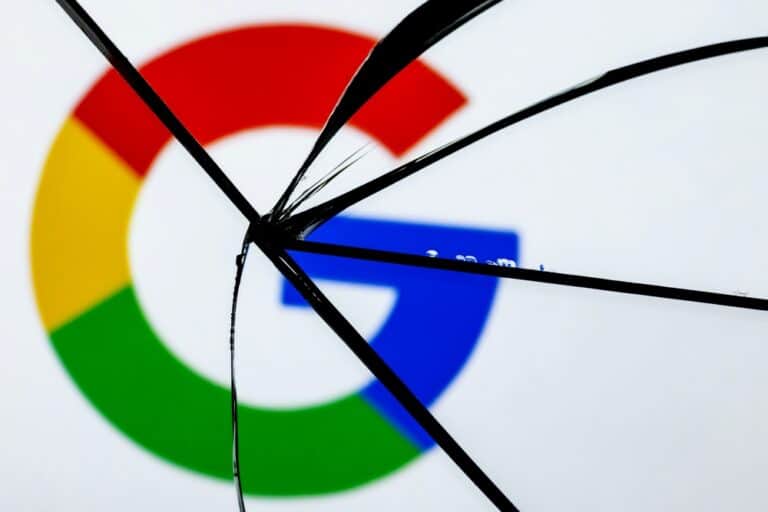The U.S. Department of Justice today began a major case against Google for allegedly monopolizing the online advertising market. If the judges agree, the company may have to split up its operations.
It is the second antitrust case against Google. The other, also still pending, concerns Google’s dominance of search engines. The case starting this Monday focuses on Google’s advertising technology, specifically Google Ad Manager, which is ubiquitous and used by numerous companies to place ads on websites.
Unfair competition
According to the Justice Department, Google’s dominance in ad technology leads to higher prices for advertisers and publishers, harming industries such as news media, The New York Times reports. Google controls about 87 percent of the U.S. market for ad sales tools, which would give the company an unfair advantage over competitors.
Much of Google’s dominance in this area is due to its 2008 acquisition of DoubleClick for 3.1 billion dollars (1.9 billion euros at the time). The company has since built DoubleClick’s existing software into the dominant toolbox for online ads. A possible consequence of the antitrust case could be that Google has to divest the ad business.
Fighting market
Google denies the allegations, stating that its ad platform operates in a fighting market in which companies actually benefit from relatively low advertising costs. The company warns that splitting up its ad tech business could lead to inefficiencies and higher prices, particularly hurting smaller companies.
Moreover, Google feels that authorities are too focused on web page ads, leaving out ads on social media, in apps or other digital media. In other words, if you add all that in, Google would not be that powerful at all, the company implies.
Big tech in the crosshairs
The U.S. government has big tech companies in its sights that would be too powerful and control too big a chunk of their respective markets. Antitrust watchdogs are also looking critically at Apple, Meta and Amazon. The outcome of the case against Google could have significant implications for these other companies, even though revenue from online ads does not even make up the lion’s share of Google’s revenue stream. The company derives most of its revenue, some 57 percent, from its search engine business.
Incidentally, Google is not supreme everywhere. That depends on the specific playing field. The company is dominant in search and online advertising, but a challenger when it comes to the public cloud.
Read more: U.S. DOJ is gunning for Google: what would a breakup mean?
